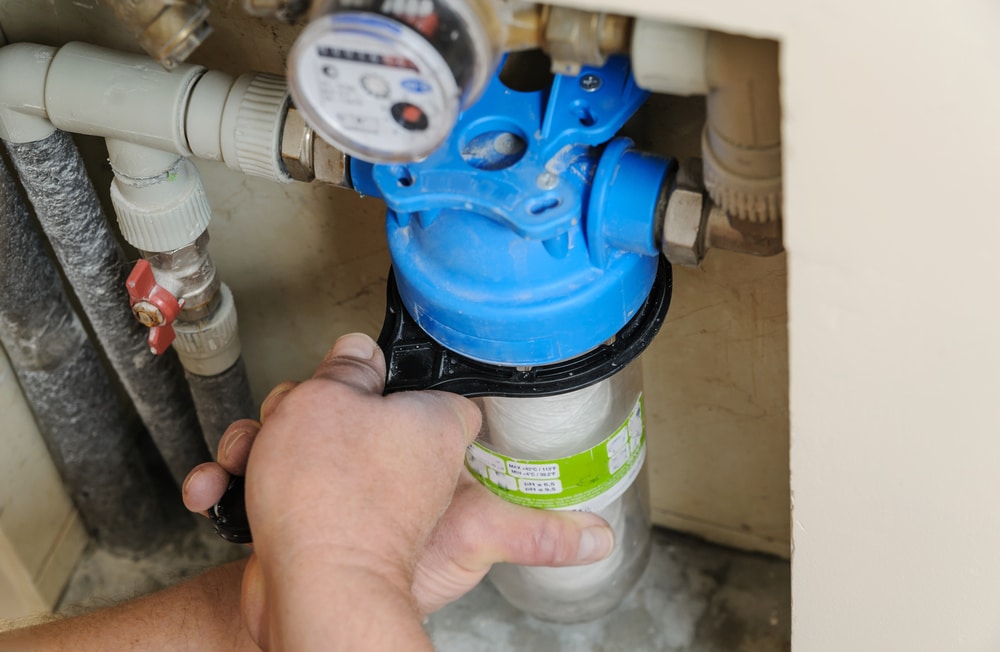Many homeowners in Salt Lake City and throughout Utah opt to have water softening systems installed. Should you follow suit?
To make a decision, you’ll likely need more information. The following guide from the Kinetico Utah team has answers to the most common questions people have about softeners, and a quick read should tell you what you want to know.
Why is Water Softening Necessary?
Hard water is safe for drinking and for household use, but over time, it can cause problems with your plumbing. When mineral deposits build up in the faucets and appliances, their openings grow narrower. This results in low pressure, and eventually they can become completely clogged.
In addition, hard water often creates soap scum and leaves limescale on fixture and appliances. And, using it to wash clothes leads to a dull, dingy-looking wardrobe.
By installing a softener, these issues can be avoided.
How Does Water Softening Work?
Softeners contain resin beads with ions that are oppositely charged to the mineral ions in hard water. The electrical charge difference in the beads attracts the minerals, which results in them being removed from the household supply.
A high quality water softening system can provide decades of operation, with very little maintenance. And since a softener saves you money on monthly energy bills and helps you avoid plumbing and appliance problems, installing one is a smart investment.
Does Softening Add Salt to the Drinking Water?
Water softeners use salt to eliminate minerals, and many people wonder how much of that remains behind. The answer is, almost none — the amount of sodium in the household supply after softening is quite minimal.
However, for those who are worried about their salt intake, in many homes we can bypass your drinking water so there is no sodium added to it. We also offer reverse osmosis treatment systems, which remove just about everything – including sodium. As another option for avoiding salt.
Do Softeners Make Water Safe for Drinking?
While the softening process improves water quality, it doesn’t ensure that the supply is safe to drink. Softeners only remove minerals, not contaminants.
For safe, clean drinking water, homeowners can install a reverse osmosis system along with a softener. The filtration will eliminate the sodium added by the softener and all of the other pollutants, particulates and contaminants present. Plus, the soft water will boost the lifespan of the reverse osmosis system.
Interested in learning more? Kinetico Utah offers a full range of high-quality treatment systems, the best products available in the state.
Kinetico is an industry leader, involved in the development of innovative filtration and softening methods for 50 years. Countless Utah homeowners enjoy improved water quality with our softeners and reverse osmosis systems.
For a free, no-obligation consultation to discuss water softening and treatment with the expert team at Kinetico Utah, contact us today.

